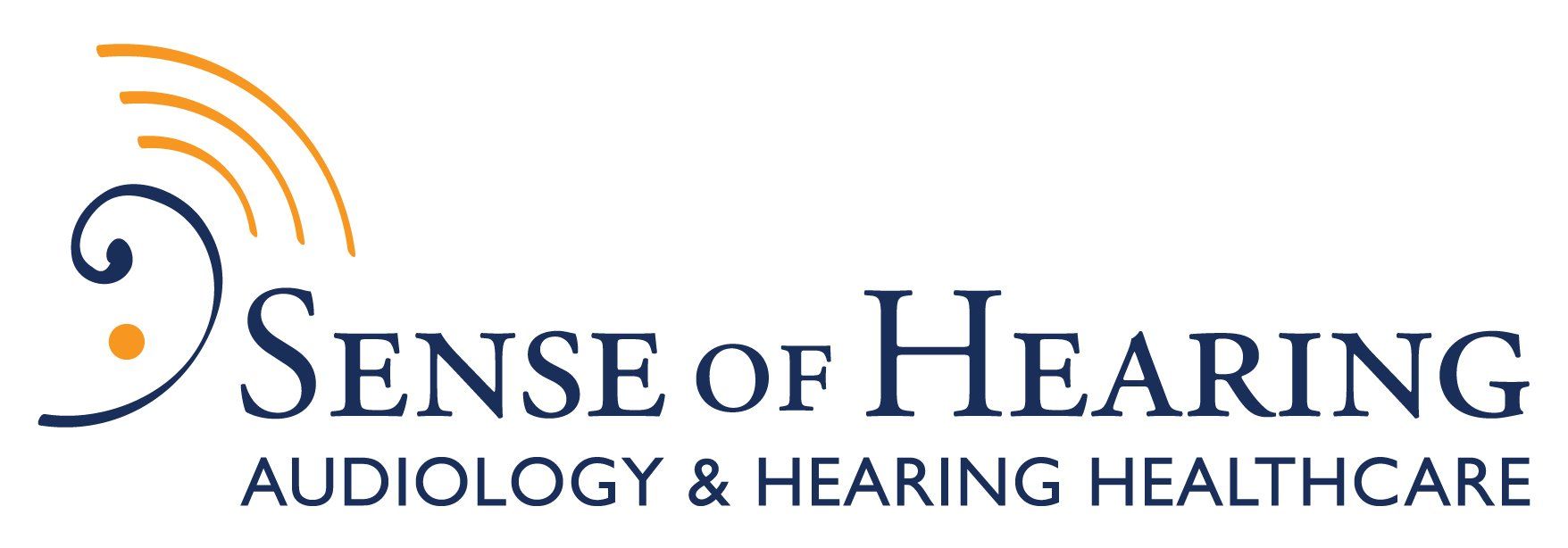Kids Hearing Services

At Sense of Hearing, we specialize in providing hearing tests and if indicated, amplification for infants and children. We understand the importance of your child's hearing health and the impact it can have on their development and learning. That's why we offer comprehensive hearing tests for children 10* months and older. (Click here for applicable locations)
Our Audiologists and Doctors of Audiology are registered with the College of Audiologists and Speech-Language Pathologists of Ontario (CASLPO).
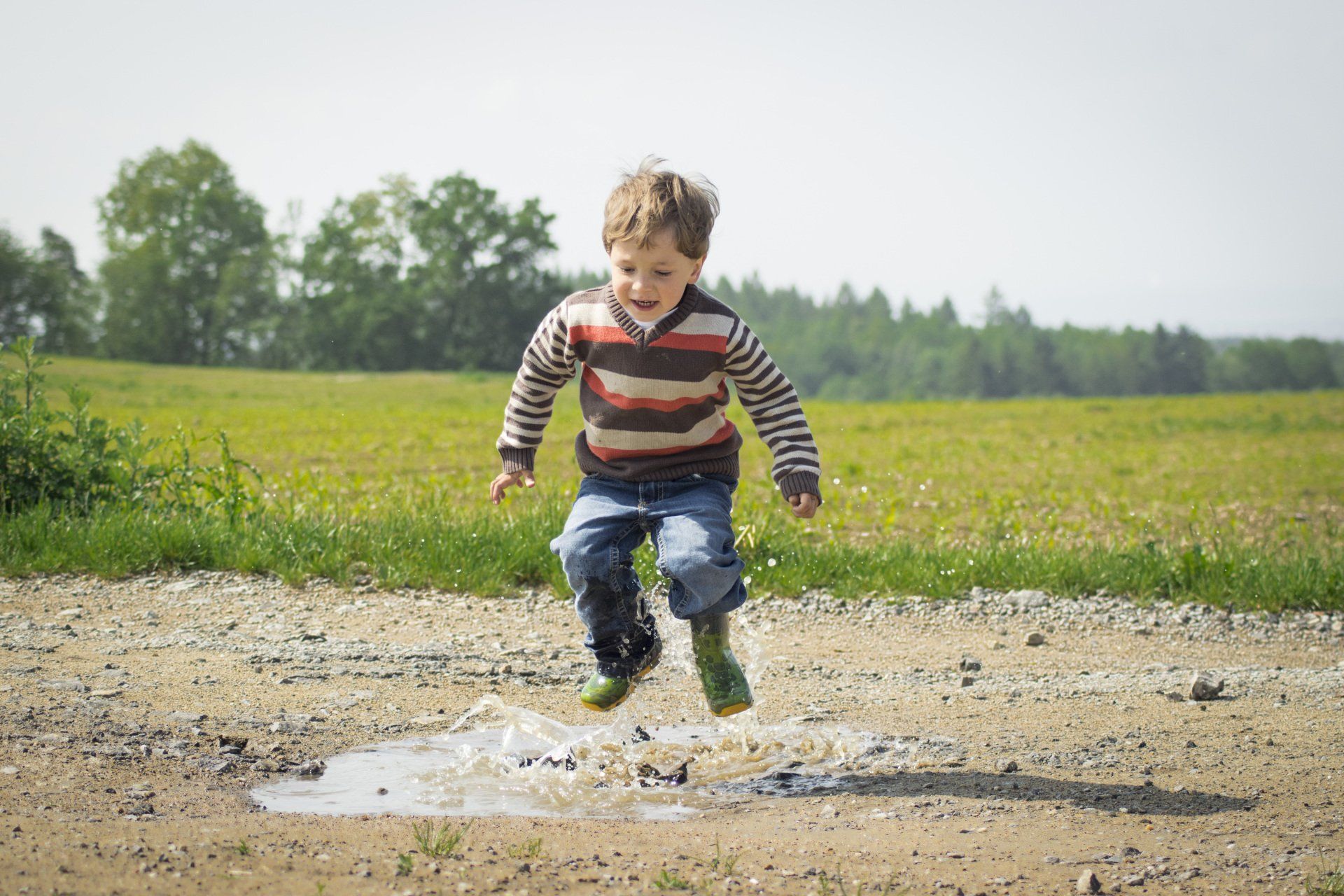
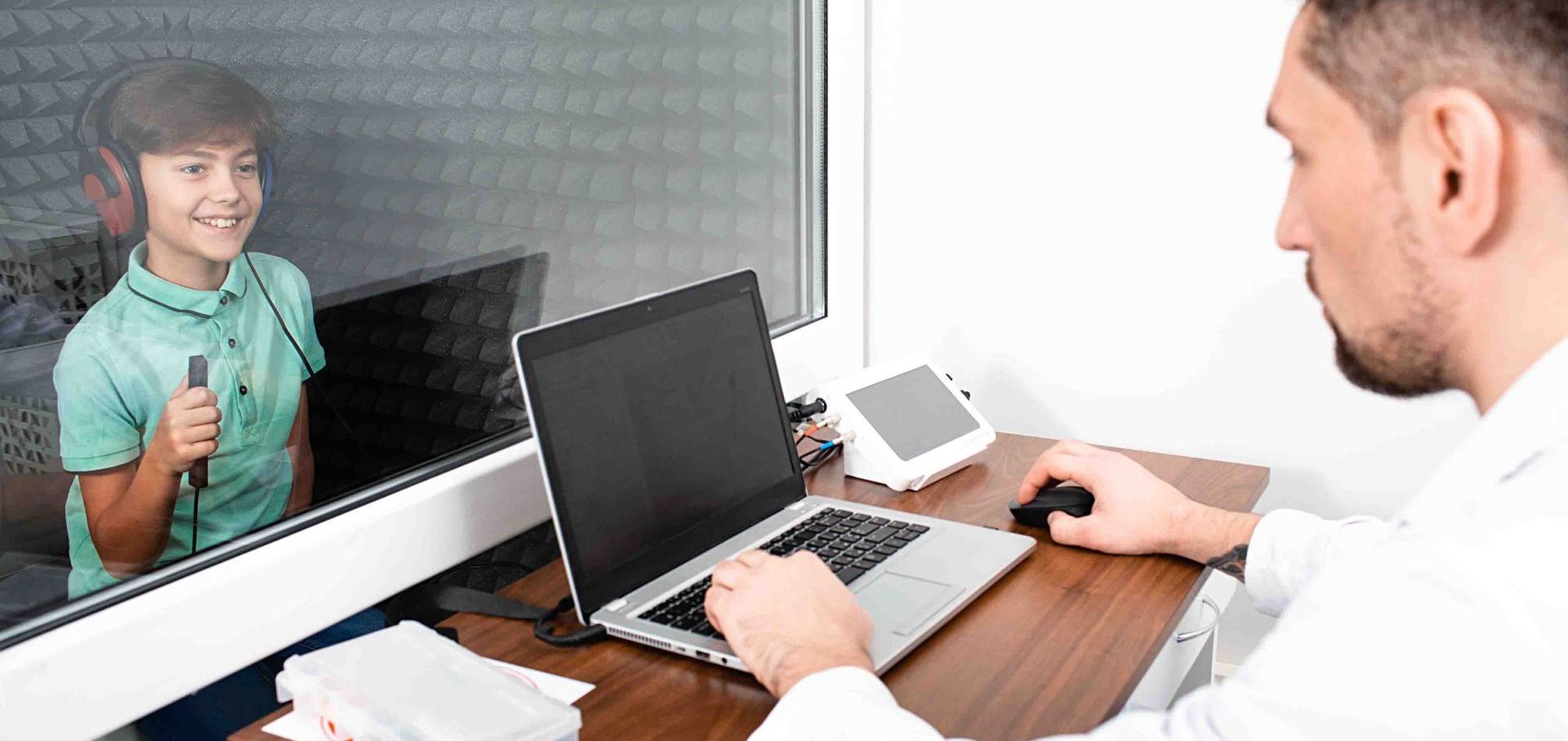
Sense of Hearing offers a range of advanced tools and equipment that allow us to provide more accurate and effective hearing tests and treatments.
For instance, Visual Reinforcement Audiometry (VRA) is a technique used to test hearing in young children. This involves playing sounds and rewarding the child with a visual stimulus, such as a toy, when they turn towards the sound. Similarly, Otoacoustic Emissions (OAE) testing measures sounds generated by the inner ear, which can help detect hearing loss or other issues.
Impedance equipment, such as Tympanometry, can help diagnose middle ear problems by measuring the movement of the eardrum in response to changes in air pressure.
Audiometers are also an essential tool in hearing clinics, used to test a patient's hearing by playing sounds of varying frequencies and volumes. To ensure accurate results, hearing booths are specifically designed to minimize background noise and provide a controlled testing environment.
With this, we can provide more comprehensive and personalized care to our younger patients. If your child is experiencing hearing loss or other hearing-related issues, we encourage you to schedule an appointment with a qualified audiologist at one of our locations today.
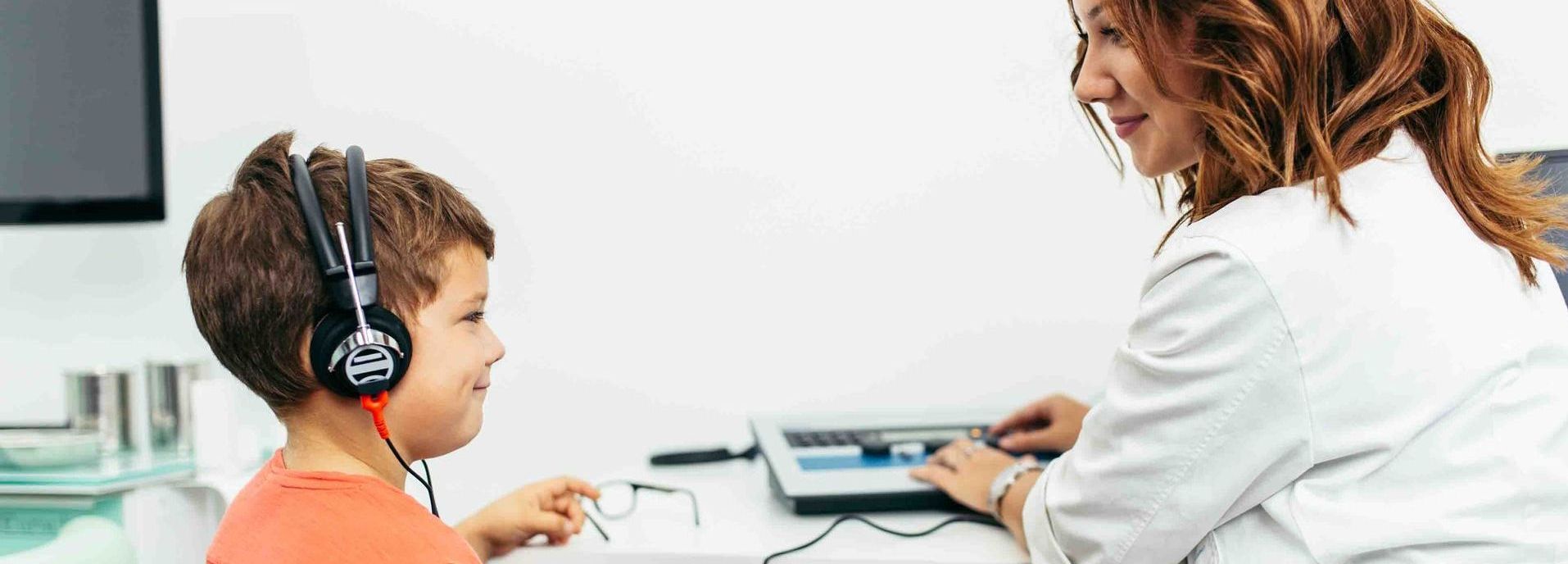
Sense of Hearing Kids Locations
Locations offering services for 10 months and up
Starting at 10 Months and up
Locations offering services for 6 years and up
Starting at 6 Years and up
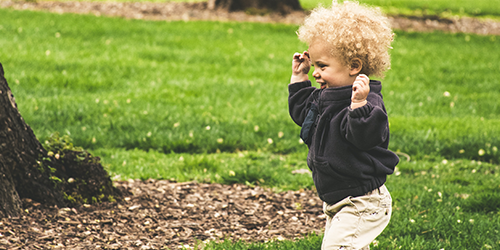
Infants and toddlers
Consider a hearing test if your child:
- was not screened as a newborn
- stops babbling (usually parents don’t notice this until after 12 months of age).
- does not pay attention or react to loud noises around the house (such as a doorbell, telephone, dog barking).
- does not turn toward sound by 3-4 months of age or turn toward spoken words by 9 months of age.
- has had frequent ear infections and/or fluid draining from the ears.
- does not say single words by 12 months of age.
- does not understand simple phrases unless the person talking is facing them (such as, “Go get your shoes.”).
- starts speaking later than usual.
- speaks loudly.
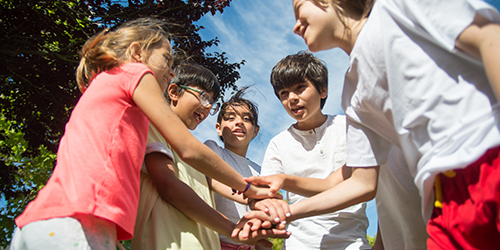
Pre-schoolers and school-aged children
Consider a hearing test if your child:
- starts speaking later than usual, or is difficult to understand.
- needs things to be repeated.
- speaks loudly or turns up the volume on electronics so much that it disturbs others.
- has difficulty following simple instructions such as “Go brush your teeth and then wash your face.”
- seems like they are not paying attention, especially when in a group or noisy setting, like child care or school.
- has trouble learning in school.
- is easily frustrated, more so than other children of the same age.
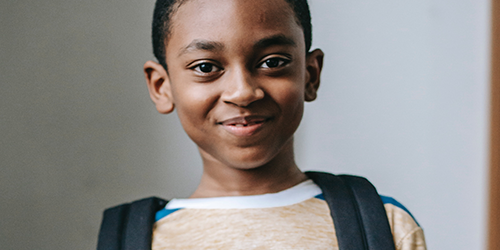
School-aged children
Other Indicators of further testing:
- difficulty understanding speech in the presence of background noise
- difficulty with reading, spelling, reading comprehension
- difficulty remembering auditory information
- difficulty organizing sounds in a proper sequence
- problems successfully combining auditory and visual information
- difficulty with localization of sound
- problems attending to different information presented to opposite ears
- a consistent delay in response to a question or instructions
These concerns can also be indicative of auditory processing difficulties and your child may be a candidate for an auditory processing disorder assessment. Please click on link below for more information on APD tests and treatments we offer at Sense of Hearing.
Please ask your primary care physician if there are additional professionals that may help with your child's development.
